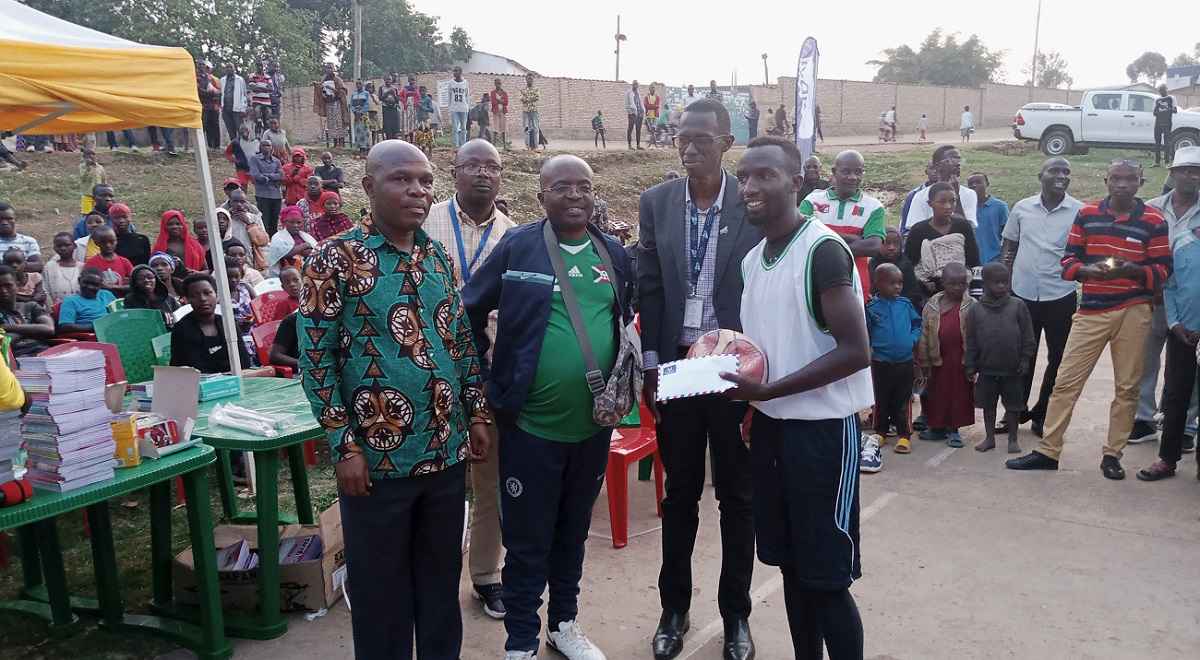The implementation of Nurem project is going well and the beneficiaries are constantly praising the project for coming to their rescue. However, there are still obstacles.
This is the testimony of a group of beneficiaries from Kinyinya who, with the microcredit they were granted, rented a plot of land for the cultivation of amaranths and also bought a goat:
“This farming activity gave good returns thanks to the manure that the goat provided. This allowed us to buy another one with the income from the amaranth trade. So, the goats have multiplied too, today we have 6” said one of the group's beneficiaries.
However, with the overflow of Rusizi River and the rising waters of Lake Tanganyika throughout the Gatumba area, their fields were devastated, which destroyed all the amaranth plantations, thus remaining in desolation.
“Despite these floods, we are continuing with goat farming. The latter is also profitable to us, because we sell their dung as soil fertilizer. From there, we buy food, school supplies for our children and everything we need to survive.” she added.
Jeanine, who is in charge of the NUREM project, asked these women to keep up their courage: Despite the floods that have swept away all your crops, do not give up. From the breeding of goats, you can earn as much as you get from the trade of moorings. If one of your goats gets sick, quickly alert your local agronomist to save it or prevent the rest of it from getting infected as well.”
It should be noted that since February 2021, Lake Tanganyika has overflowed its banks, thus paralysing many activities in the riparian areas, particularly in the Kinyiya district, Gatumba zone.
SYM: Distribution of school kits to members of associations of people affected by leprosy

SYM: Sensitization on pre and post-exposure to HIV in Kayanza and Ngozi
SYM: Managing co-morbidities among people living with HIV
SYM: Quarterly meeting of community relays
Distribution of work tools to young volunteers and to the pillars of the SRH community solutions project called